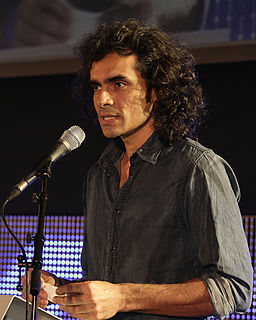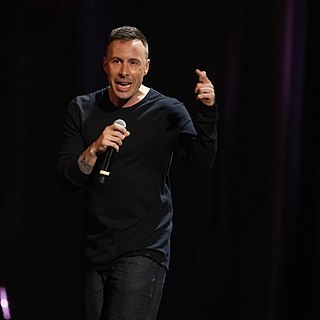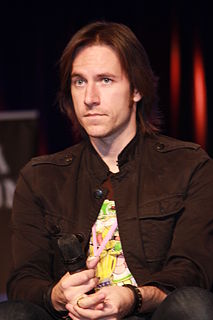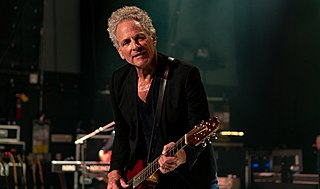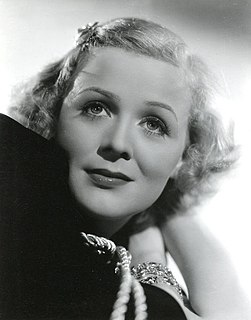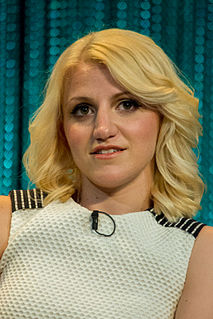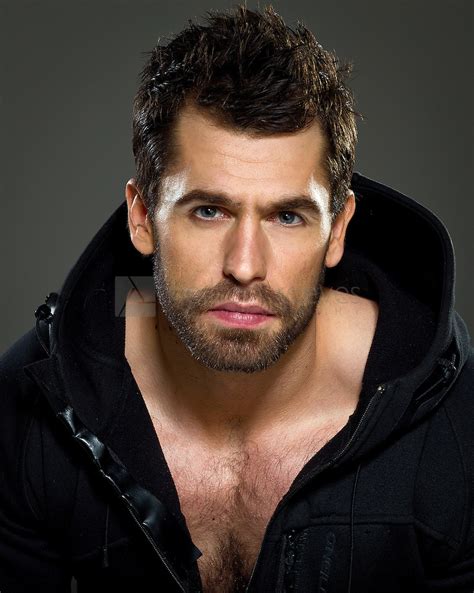A Quote by Gore Verbinski
For me, some of the happiest moments on a live-action film are the awkward moments. One actor says something to another actor. They didn't expect that performance from that actor; that affects their return performance.
Related Quotes
You can say something that can really help and actor and you can say something that can really get in the way of an actor's performance, kind of cut them off from their instincts and really get into their heads. And every actor's different. Every actor requires something different. Being an actor, for me, was the greatest training to be a writer and director.
The director is the most important because, ultimately, as an actor, when you watch a movie, it looks like an actor is giving a performance, and they kind of are. But, what's actually happening is that an actor has given a bunch of ingredients over to a director, who then constructs a performance. That's movie-making.
Motion capture is exactly what it says: it's physical moves, whereas performance capture is the entire performance - including your facial performance. If you're doing, say, martial arts for a video game, that is motion capture. This is basically another way of recording an actor's performance: audio, facial and physical.
I made my performance debut in New York City downtown on the Lower East Side in college doing awkward performance art as a go-go dancer at Lady Starlight's Party. And I never thought that my love for mediocre performance art and bad mime would ever come to use in my career as an actor. But my fantasies came true and I got to play Maureen in Rent.
It is one of the few elements in the process that a director really, really can't control: an actor's performance. If you have a director that understands that, it's comforting to an actor. You're starting the relationship more as a collaborator, rather than as an employee or some kind of a soldier trying to execute something you don't organically feel.

